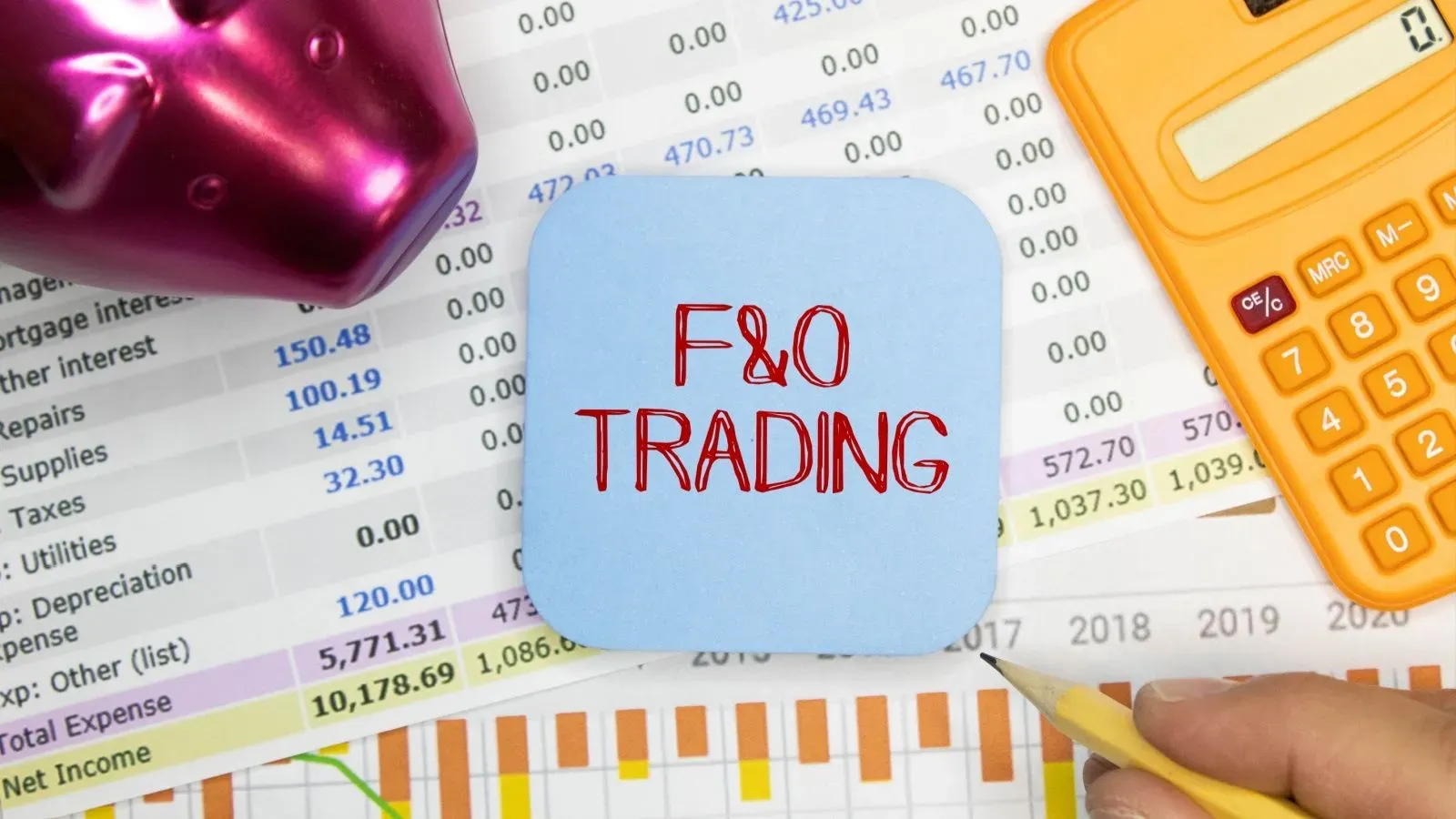An Introduction to Quantity-Adjusting Options: Definition, Benefits, and FAQs
Written by Upstox Desk
Published on February 10, 2026 | 6 min read

Summary:
Quantity-adjusting options, or quanto options, are a type of exotic option that can help investors hedge currency risk. They are particularly suitable for cross-border investments and international diversification. In this blog, you will learn what quanto options are, how they work, and what benefits they offer.
The global market for trading assets in different currencies, called cross-currency derivatives, was worth USD 196.77 billion in March 2023 alone. Quanto options are also a popular type of cross-currency derivatives. They let you trade an asset in one currency and get paid in another currency at a fixed exchange rate. The word “quanto” means “how much” in Italian, which describes how much you can gain or lose from your trade, depending on the performance of the asset and the exchange rate. These options protect you from unexpected changes in currency values. In this blog, we will talk a lot more about quanto options, how they work, and what benefits they offer.
Definition of quanto options
Quanto options, also known as quantity-adjusting options, are a type of exotic derivative. Essentially, they're a cross-currency derivative. The name "quantity-adjusting" stems from the fact that the size of the option contract adjusts according to the prevailing exchange rate at the option's expiration. To put it simply, if an underlying asset, be it a stock or commodity, is valued in one currency, the option's settlement or payout is executed in a different currency, all set at a previously agreed-upon exchange rate.
For instance, if you're in India and you're considering an investment in a US-based asset, a quanto option allows you to do just that. The unique aspect is that even though the asset is based in the US, your returns would be in rupees, and not in dollars. This setup effectively eliminates the risk of currency fluctuation and makes quanto options a popular choice for investors to gain exposure to a foreign market.
Distinguishing features of quanto options
Quanto options, while sharing some similarities with standard options, have their own set of unique characteristics that set them apart. Some of them are:
- Exotic derivative classification: Quanto options are classified as exotic derivatives. Their unique structure and benefits place them in this particular category.
- Guaranteed exchange rate: One of the standout features of quanto options is the "guaranteed exchange rate." This ensures that the payout, regardless of where the underlying asset is based, is in your home currency. It's this feature that provides a safety net against volatile currency fluctuations.
- Flexibility in underlying assets: Quanto options aren't limited to just one type of asset. They can be linked to stocks, commodities, or even interest rates. This versatility allows you to choose the asset class that aligns best with your investment strategy.
- Call and put options: Much like their standard counterparts, quantos come in two main types: call options, which give the holder the right to buy the underlying asset, and put options, which grant the right to sell.
- Over-the-counter (OTC) trading: Unlike many standard options that are traded on formal exchanges, quantos are typically traded over-the-counter. This means they're traded directly between two parties, without the need for a centralised exchange.
Types of quanto options
Quanto options are applied to various types of underlying assets, such as stocks, indices, commodities, interest rates, or currencies. Some common types of quanto options are:
- Quanto futures: These are contracts in which the underlying asset is priced in one currency, but the settlement is in another, at a fixed rate. For instance, if you buy gold priced in US dollars, then at the contract's maturity, the settlement will be in rupees, based on a predetermined USD/INR rate.
- Quanto swaps: In quanto swaps, there's an exchange of cash flows from different assets, all with a consistent currency exchange rate. So, swapping interest payments from a rupee bond for those from a US dollar bond ensures the conversion between the two currencies remains unchanged.
- Quanto basket options: These options involve multiple assets, each denominated in a different currency, yet the payoff is in a single currency at predetermined rates. As an Indian investor, you can buy and sell stocks from the US, UK, and Japan, but when you exercise the option, the final payout will be in rupees.
- Quanto barrier options: These options are activated or deactivated depending on the performance of the underlying asset. For instance, if you have an option tied to Brent crude oil priced in US dollars, it may only activate when the oil price in euros surpasses a certain threshold. Once this condition is fulfilled, the payout is provided in rupees at a specified USD/INR rate.
3 key benefits of quanto options
Let's go over some of the benefits of quantity-adjusting options.
- Currency risk management: Quanto options shield you from currency fluctuations. Even if the asset is priced in a foreign currency, your payoff is assured in your home currency at a specified rate.
- Broadened investment horizons: These options open doors to international markets which allows you to tap into diverse opportunities in commodities and stocks without the usual currency concerns.
- Predictable outcomes: With a fixed exchange rate in place, you can anticipate potential returns more accurately and make financial planning more straightforward.
Wrapping up: Key points to remember
- Quantity-adjusting or quanto options are exotic options where the asset is priced in one currency, but the payout is in another, all at a set exchange rate.
- They offer a guaranteed exchange rate and ensure your returns are in your home currency.
- Quanto options reduce currency risk, but factors like asset performance and market volatility can affect returns.
Interested in learning about widely traded vanilla options? Read about them here.
Frequently asked questions (FAQs)
-
What is the meaning of quanto?
Quanto refers to a financial derivative where the asset is in one currency, but the payout is in another, all at a fixed rate.
-
What is the difference between the composite option and the quanto option?
While both deal with multiple currencies, a composite option's payoff depends on another option's value. In contrast, a quanto option's payout is in a different currency than the asset.
-
What is the quanto option strategy?
It's a strategy you employ to invest in foreign assets, ensuring returns in your local currency, and effectively hedging against currency fluctuations.
About Author
Upstox Desk
Upstox Desk
Team of expert writers dedicated to providing insightful and comprehensive coverage on stock markets, economic trends, commodities, business developments, and personal finance. With a passion for delivering valuable information, the team strives to keep readers informed about the latest trends and developments in the financial world.
Read more from UpstoxUpstox is a leading Indian financial services company that offers online trading and investment services in stocks, commodities, currencies, mutual funds, and more. Founded in 2009 and headquartered in Mumbai, Upstox is backed by prominent investors including Ratan Tata, Tiger Global, and Kalaari Capital. It operates under RKSV Securities and is registered with SEBI, NSE, BSE, and other regulatory bodies, ensuring secure and compliant trading experiences.






















